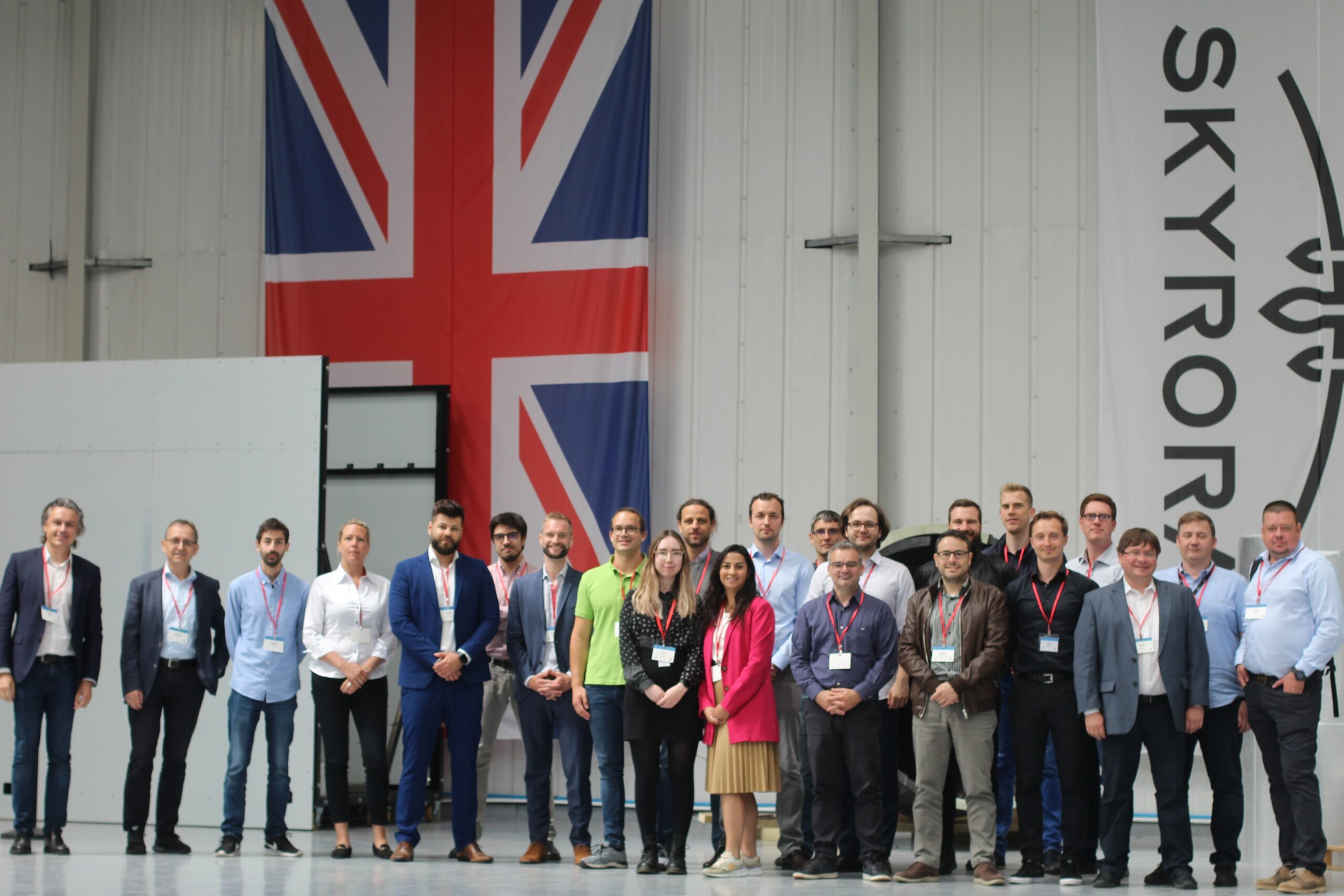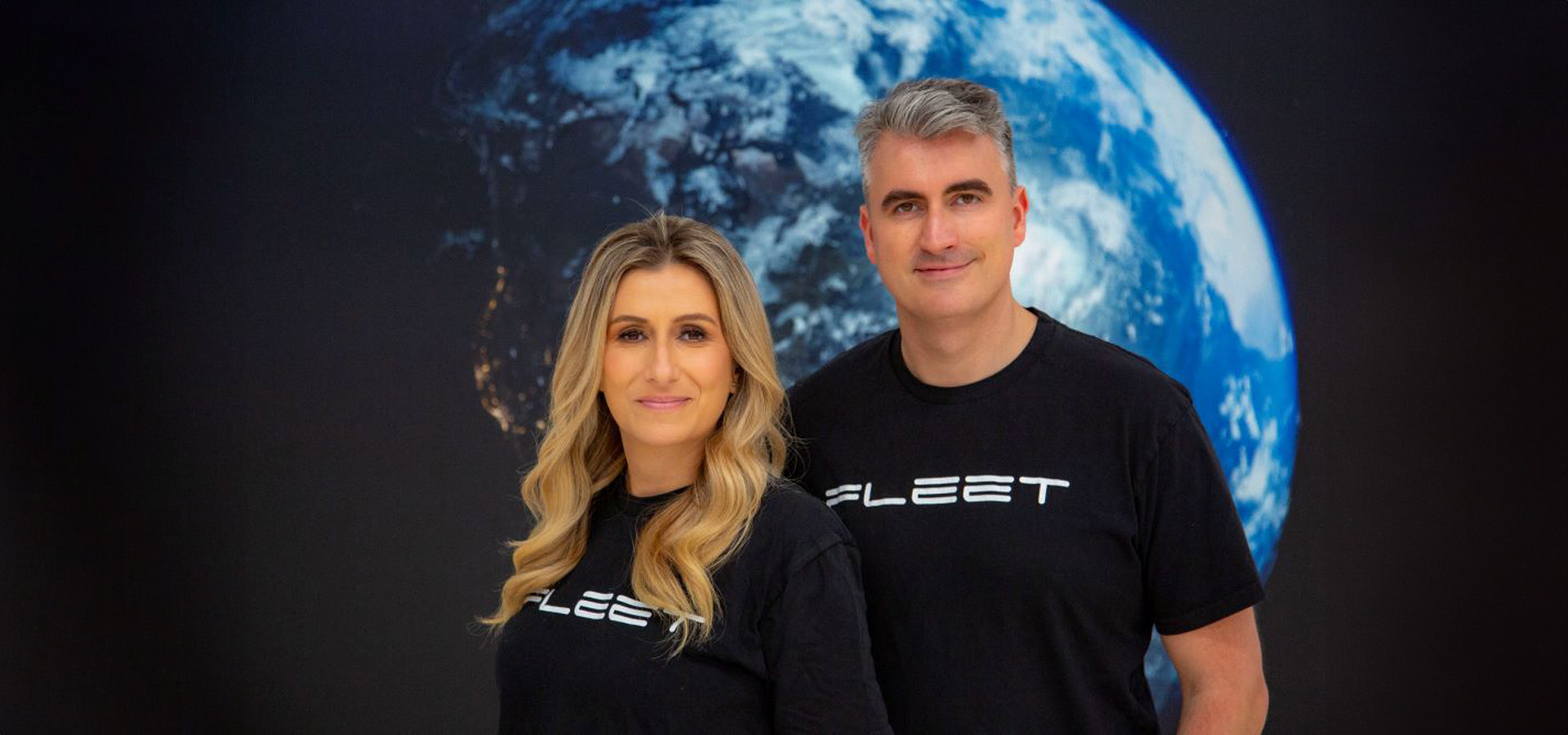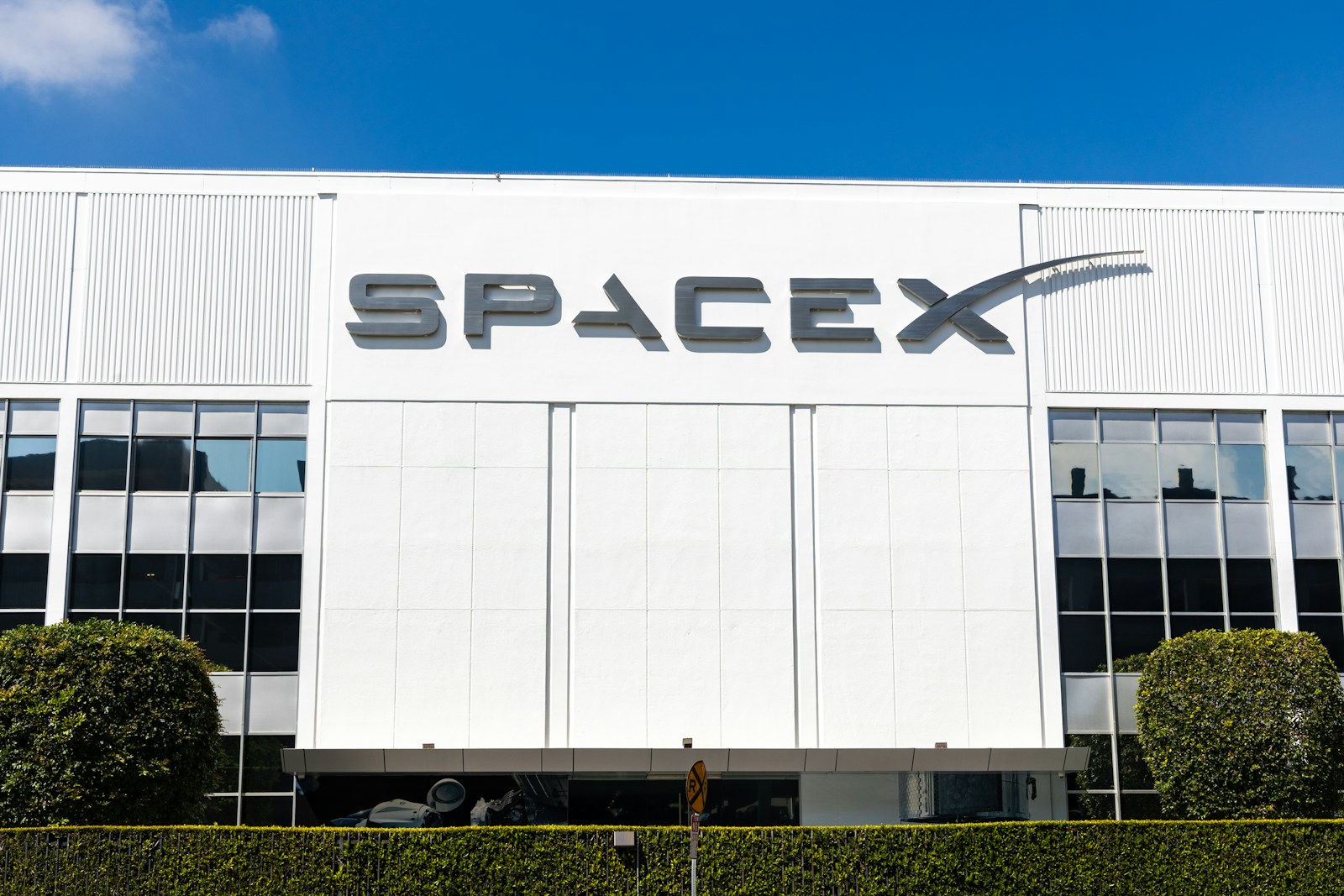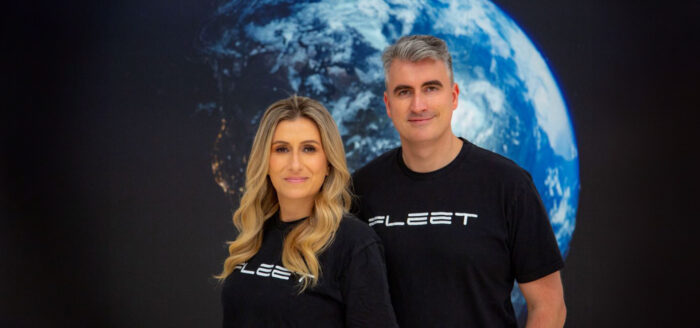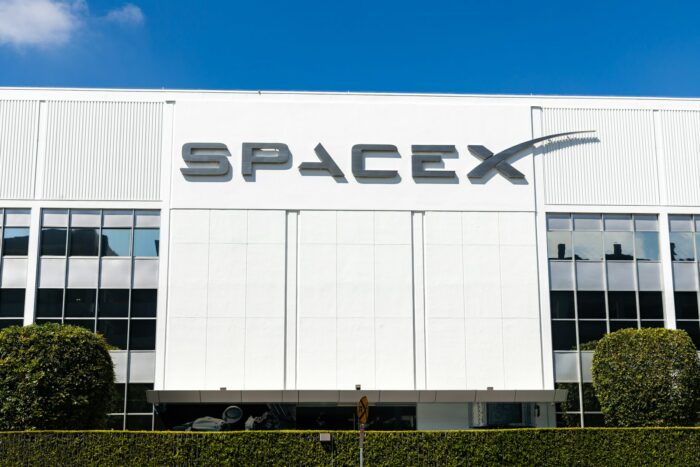Insider Brief:
- Skyrora Ltd. hosted the most recent meeting for the European Union’s Horizon Europe Research and Innovation Programme’s ‘Made-3D’ project at the company’s engine manufacturing facility outside of Glasgow.
- The ‘Made-3D’ project will run for 3.5 years supported by approximately €6.7 million in funding, with the consortium meeting twice per year.
- The research will enable Skyrora to produce lighter rocket engine components to deliver higher quantities of satellites to orbit per launch.
PRESS RELEASE — Glasgow / June 26, 2023 – Alongside a team of international experts, Skyrora Ltd. hosted the most recent meeting for the European Union’s Horizon Europe Research and Innovation Programme’s ‘Made-3D’ project at the company’s engine manufacturing facility outside of Glasgow. The meeting brought together the project’s consortium of 13 pioneering industrial companies, universities, and research organisations in the field of additive manufacturing from across Europe to discuss how the project can increase the competitiveness of multi-material components and products for use in a wide range of applications, including the automotive, aerospace, and aeronautic sectors.
Commencing activity at the start of this year following several years of research, the ‘Made-3D’ project will run for 3.5 years supported by approximately €6.7 million in funding, with the consortium meeting twice per year.
Skyrora has been awarded £500,000 through Innovate UK in association with the European Commission to contribute ground-breaking additive manufacturing innovation to the project. This funding will enable Skyrora to complete research with partners to produce a multi-material LEO rocket engine vacuum nozzle. Production will be enabled by Skyrora’s in-house hybrid 3D printer, Skyprint 2, which is the largest of its kind in Europe.
Following production, the optimised nozzle prototype will be tested during a LEO rocket engine hot fire test at Skyrora’s state-of-the-art testing facility in Midlothian, which is also the largest of its kind in the UK. If successful, this innovation will allow for a 50% weight reduction of the nozzle, enabling Skyrora’s LEO rocket engine to deliver competitive advantage by carrying an increased payload to orbit to accommodate further small and cube satellite customers per launch of their orbital Skyrora XL vehicle.
Skyrora CEO Volodymyr Levykin said:
“We were honoured to host the most recent meeting of the ‘Made-3D consortium’ at our manufacturing facility outside of Glasgow, bringing together like-minded leaders from across the European space sector. As we rapidly approach orbital launch, Skyrora seeks to push the envelope when it comes to innovative advancements in manufacturing, not only to refine our offering for prospective customers globally, but to do so in the most sustainable way possible.
“Contributing to the ‘Made-3D’ project will enable Skyrora to develop a unique bi-metallic printing process via our Skyprint 2 machine that has never been done before, unlocking potential avenues for third party commercial collaboration in the process.”
Broadly, the ‘Made-3D’ project aims to enhance the additive manufacturing process to enable the multi-material processing required within the automotive, aeronautics, and aerospace industries, focusing on material design, process design, component design, and sustainability. The results of the project will significantly impact the entire process chain of 3D printed multi-material components, from computational material-design concepts to industrialization and recycling. For instance, the project aims to unlock access to reusing leftover metal powder and bulk materials from the printing process to eliminate wasted resources.
Skyrora’s novel contributions will be led by Olexandr Grydin.
If you found this article to be informative, you can explore more current space industry news, exclusives, interviews, and podcasts.
Contact Information:
Nickie Finnegan – Head of Communications
+44 0123 680 3888
SOURCE: Skyrora
Featured Image: Credit: Skyrora
Share this article:

